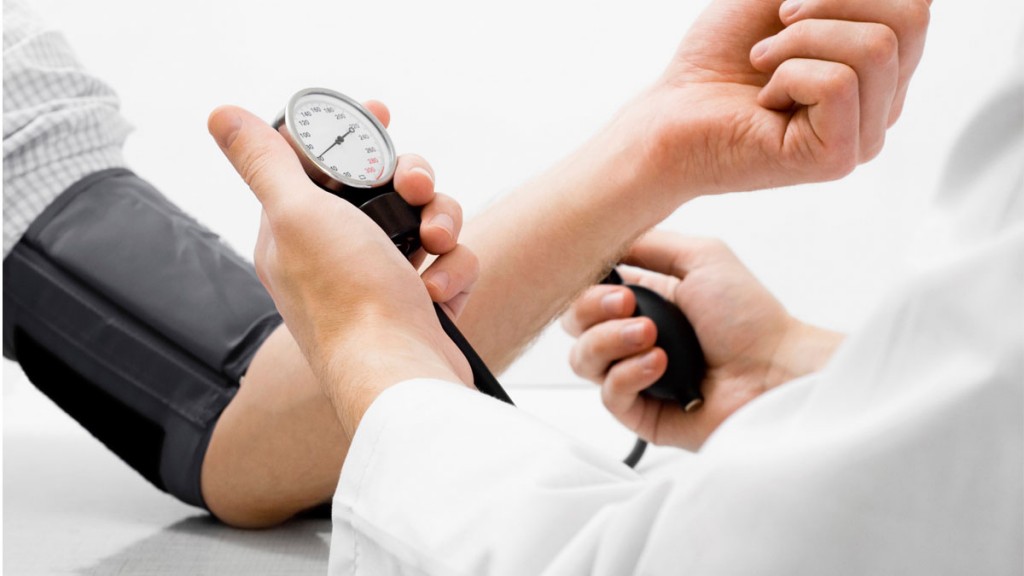The Importance of Sexual Health
Sexual health is an important aspect of a person’s overall health and well-being. It encompasses a wide range of topics, including sexual anatomy and physiology, sexually transmitted infections (STIs), contraception, and sexual dysfunctions. Maintaining good sexual health involves practicing safe sex, getting tested for STIs regularly, and seeking medical help when necessary. 
Sexual anatomy and physiology refer to the physical and biological aspects of sexual activity and reproduction. The reproductive system plays a crucial role in sexual health, and understanding the anatomy and physiology of the reproductive system is crucial for maintaining good sexual health. The male reproductive system includes the testes, epididymis, vas deferens, seminal vesicles, prostate gland, and penis. The testes produce sperm, while the rest of the structures contribute to semen production. The female reproductive system consists of the ovaries, fallopian tubes, uterus, cervix, and vagina. The ovaries produce eggs, while the rest of the structures are involved in the process of fertilization and pregnancy. 
STIs are infections that can be transmitted through sexual contact. Some of the most common STIs include chlamydia, gonorrhea, herpes, human papillomavirus (HPV), and syphilis. STIs can have serious health consequences if left untreated, including infertility, pelvic inflammatory disease, and even cancer. To reduce the risk of STIs, it is important to practice safe sex, such as using condoms and getting tested regularly. In case of an STI diagnosis, early treatment can prevent further complications and help prevent the spread of the infection to others.
Contraception, also known as birth control, is a method of preventing pregnancy. There are several options for contraception, including hormonal methods (such as the birth control pill), barrier methods (such as condoms), and permanent methods (such as sterilization). The choice of contraception depends on a variety of factors, including an individual’s medical history, lifestyle, and personal preferences. It is important to discuss all options with a healthcare provider to determine the best method for each individual.
Sexual dysfunctions are conditions that can interfere with sexual pleasure, desire, or performance. Some common sexual dysfunctions in men include erectile dysfunction (ED) and premature ejaculation, while common sexual dysfunctions in women include low libido and vaginismus. Sexual dysfunctions can have a significant impact on a person’s quality of life, and it is important to seek medical help to address the issue. In many cases, sexual dysfunctions can be treated with medication, therapy, or lifestyle changes. 
In conclusion, sexual health is an important aspect of overall health and well-being, and it is essential to take steps to maintain good sexual health. This can include practicing safe sex, getting tested for STIs regularly, and seeking medical help when necessary. Understanding sexual anatomy and physiology, being aware of the risks and consequences of STIs, choosing the right contraception method, and addressing sexual dysfunctions are all important for maintaining good sexual health. If you have any concerns about your sexual health, it is important to talk to a healthcare provider for guidance and support.



